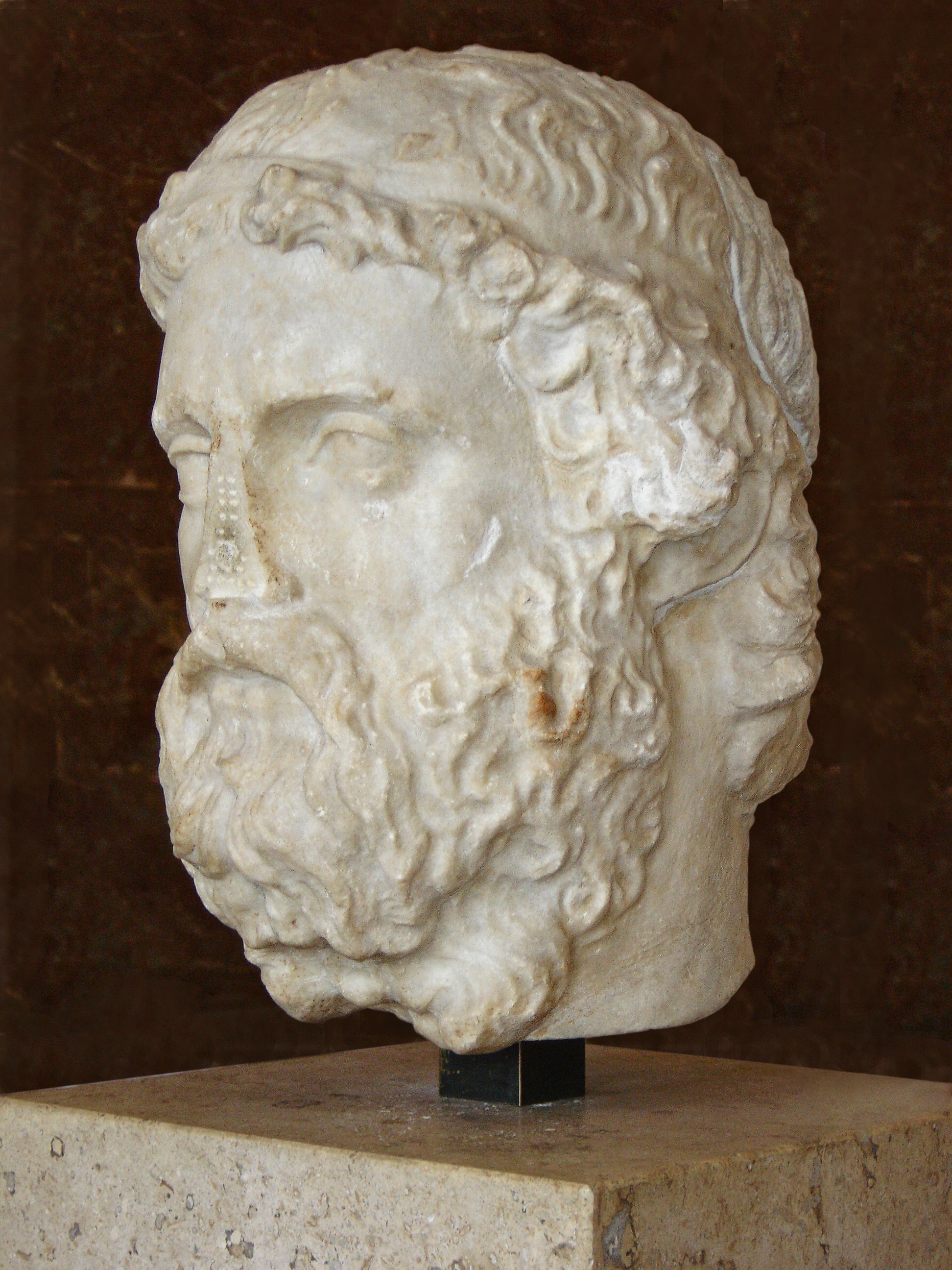Anacreonte frasi celebri
Origine: In Francesco Pedrina, Musa Greca, [Antologia di poeti e prosatori greci con profili degli autori e pagine critiche organicamente scelte per un disegno storico-estetico], Casa Editrice Luigi Trevisini, Milano <sup>5</sup>, traduzione di Francesco Pedrina, p. 311.
da Libro II; in Anacreonte, p. 145
Origine: Con l'immagine del fabbro è raffigurato il terribile potere di Eros che prima arroventa e poi raggela. nota a p. 145 di Anacreonte.
Anacreonte: Frasi in inglese
Variante: Fruitful earth drinks up the rain, Trees from earth drink that again; The sea too drinks the air, the sun Drinks the sea, and him the moon. Is it reason, then, do ye think, That I should thirst when all else drink?
Origine: Odes, 21.
Odes, XXIV.
Variante: The bull by nature hath his horns, The horse his hoofs, to daunt their foes; The light-foot hare the hunter scorns; The lion's teeth his strength disclose.The fish, by swimming, 'scapes the weel; The bird, by flight, the fowler's net; With wisdom man is arm'd as steel; Poor women none of these can get. What have they then?—fair Beauty's grace, A two-edged sword, a trusty shield; No force resists a lovely face, Both fire and sword to Beauty yield.
